 Correlation: Sitting Is Bad For Your Health And Exercise Won't Help
Correlation: Sitting Is Bad For Your Health And Exercise Won't HelpAdvances in technology in recent decades have obviated the need and desire for humans to move....
 It's About Calories, So Kimchi Is Not A Weight Loss Superfood - But You May Eat Less
It's About Calories, So Kimchi Is Not A Weight Loss Superfood - But You May Eat LessFermented foods have become popular in recent years, partly due to their perceived health benefits....
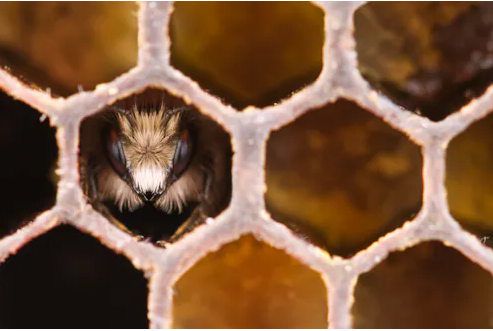 Beekeepers Are Wrong About Overwinter Hive Behavior
Beekeepers Are Wrong About Overwinter Hive BehaviorHoneybees in man-made hives may have been suffering the cold unnecessarily for over a century because...
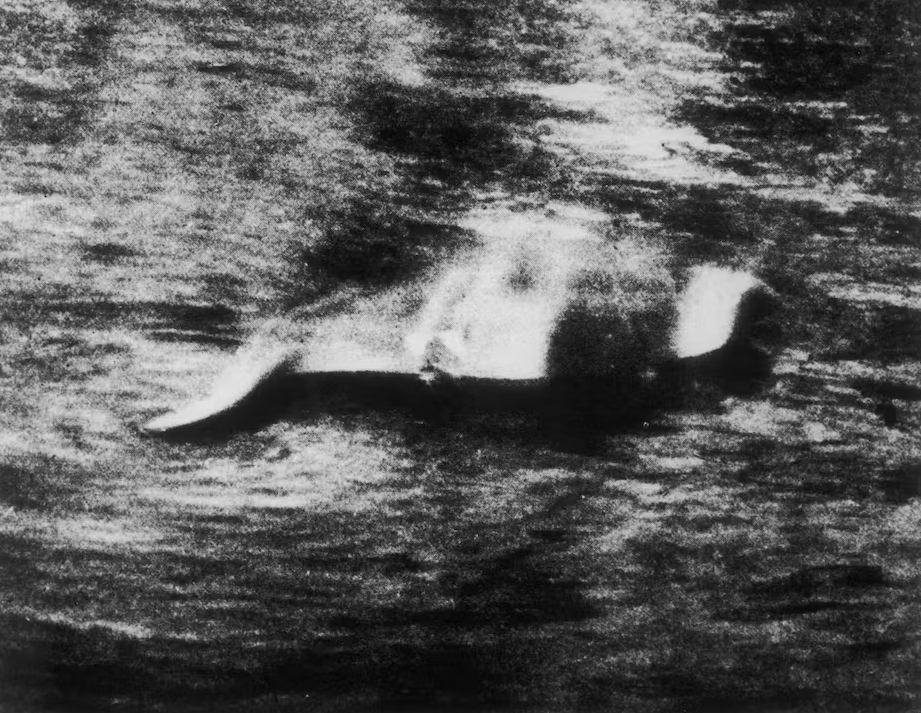 Why Does Anyone Still Search For The Loch Ness Monster?
Why Does Anyone Still Search For The Loch Ness Monster?Hugh Gray was taking his usual post-church walk around Loch Ness in Scotland on a November Sunday...




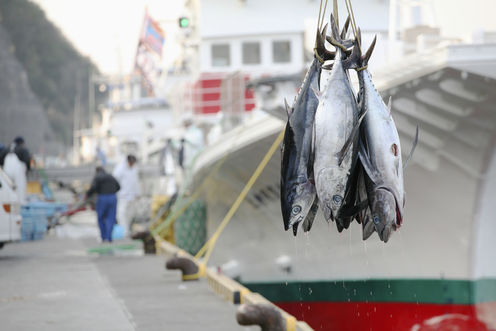
 If the food industry is not in crisis, it certainly contains an increasing level of complexity and associated risks. A
If the food industry is not in crisis, it certainly contains an increasing level of complexity and associated risks. A 
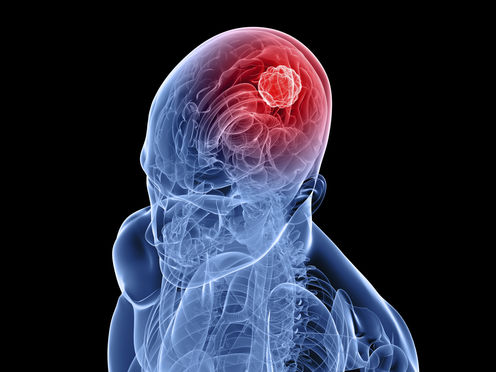

 Dear class of 2016,
Dear class of 2016,
 For many years, scientists have believed that there is a connection between severe antisocial behavior and abnormal brain development. But there has been very little research testing this idea.
For many years, scientists have believed that there is a connection between severe antisocial behavior and abnormal brain development. But there has been very little research testing this idea. 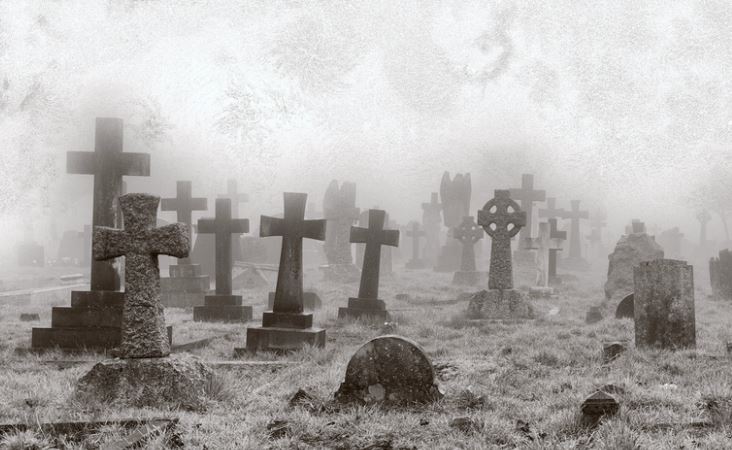
 Death touches everyone at some stage during their lives, and usually more than once.
Death touches everyone at some stage during their lives, and usually more than once. 